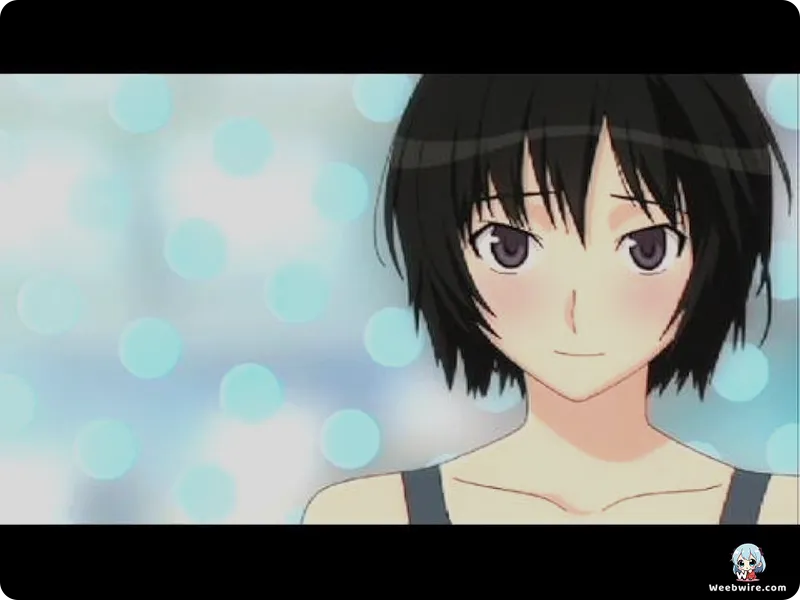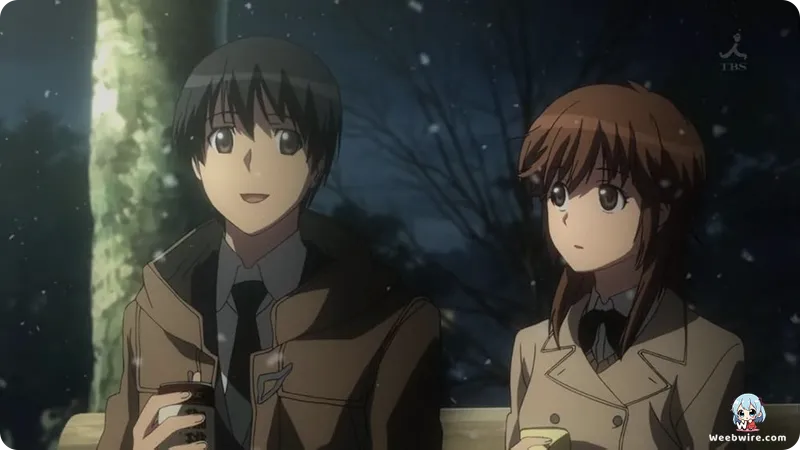The Six-Timeline Blueprint: Revisiting Amagami SS, The Romance Anime That Shattered the Harem Formula
3 months ago
Share this news:

The 2010 anime series Amagami SS remains a significant work in the romantic comedy genre. Its enduring appeal stems not only from its charm and the high production quality delivered by Studio AIC but also from its groundbreaking approach to adapting complex source material. What truly cemented its legacy was the revolutionary and seldom-repeated 'omnibus' structure. This narrative choice was a radical commitment to fan satisfaction, guaranteeing six distinct, fully canonical happy endings, a monumental deviation from the industry standard at the time.
Traditional anime adaptations of dating simulation games or visual novels typically follow restrictive paths. They often commit to a single 'True Route', frequently neglecting popular alternate heroines, or they attempt to combine multiple storylines, resulting in a diluted, non-committal 'harem ending' where the protagonist remains unattached.
The Amagami SS Solution: Six Separate Realities
Based on the PlayStation 2 visual novel Amagami, the series boldly shattered the traditional mold. It is meticulously organized into six separate four-episode arcs, each dedicated entirely to one of the six main heroines: Haruka Morishima, Kaoru Tanamachi, Sae Nakata, Ai Nimi, Rihoko Sakurai, and Tsukasa Ayatsuji. Each four-episode block follows protagonist Junichi Tachibana’s journey, culminating in a successful confession and the genuine start of a relationship.
Crucially, upon the conclusion of one arc, the timeline is completely wiped clean. Junichi is returned to his original state, the moment he decides to seriously pursue romance, to begin a new, entirely separate reality with the next girl. This dedication to the 'reset button' allowed the writing team to explore the unique dynamics of every pairing without the burden of maintaining continuity between routes. Viewers were rewarded with the certainty that regardless of their preference, their favorite character would achieve their well-deserved romantic closure.
This structural innovation allowed for unprecedented character depth. The series successfully navigated Junichi’s underlying trauma, being stood up on Christmas Eve two years prior, a narrative element known as the 'Christmas curse'. This made the current holiday season a high-stakes backdrop for his emotional rehabilitation.

Furthermore, characters like the seemingly perfect class representative Tsukasa Ayatsuji were given sufficient screen time to reveal their complex, calculated, and vulnerable sides. Similarly, the deep platonic connection between Junichi and his childhood friend, Rihoko Sakurai, was allowed the necessary room to organically blossom into romance, avoiding the pitfalls of rushed development common in typical harem fare.
The immense success of the original 24-episode run prompted the sequel, Amagami SS+ plus, which provided two-episode epilogues for each couple. This cemented Amagami SS as a masterclass in respecting source material and redefining adaptation potential within the romantic comedy landscape.